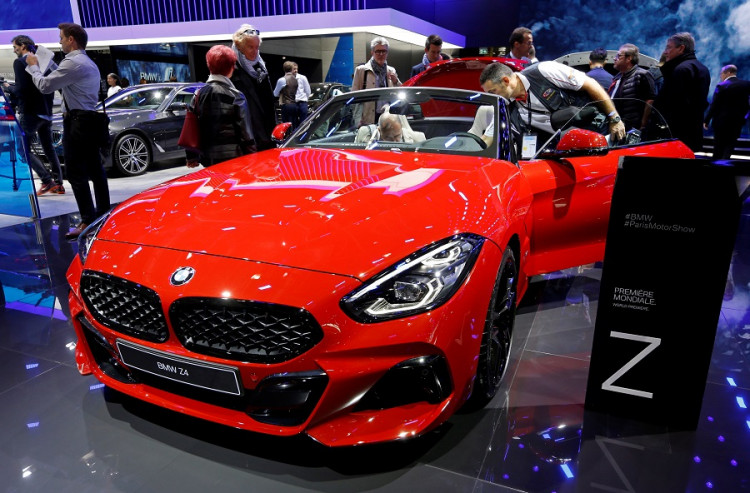It seems that the future of smart cars in the European Union hangs in the balance as the European Commission is currently getting called out by some organizations for its preference for wifi-based future connected car communication. Three big industrial and technological giants led by BMW are currently appealing for the regulatory body to consider a standard that may be beneficial to all future connected car riders in the region.
According to Reuters, BMW, Vodafone, and Ericsson have recently sent a letter to the European Commission asking the organization to consider a second standard for connected car communication. BMW's stance is that the European Commission should consider a second standard for connected car communication based on 5G technology.
BMW, Vodafone, and Ericsson, stated in their letter to the European Commission that they believe the organizations decision to favor only wifi-based connected car communication technology - which is technology being pursued by the companies' rivals - goes against its public stance on technological neutrality. BMW and its companion organizations are of the stance that it is important for the industry to have the freedom to adopt their preferred connected car communication technology.
Reuters notes that the European Commission has yet to respond to BMW, Vodafone, and Ericsson's request. It seems the Commission is currently coordinating with its internal units before proceeding to engage with the industrial trio's appeal. Considering the heated debate over the importance of adopting 5G connected car communication technology alongside its wifi-based counterpart, some might wonder why BMW and its companions are being adamant about their stance.
Aside from the potentially significant amount of revenue for internet connected cars in the European region, Cnet notes that both wifi-based and 5G reliant connected car communication technology have their own strengths and weaknesses. Wifi-based connected car communication may have more reliability but 5G technology-based communication could give future connected cars a wider range.
The publication points out that a standard that adapt both 5G and wifi-based is hardly impossible as the technology exists for a manufacturer to be able to dabble in the production of both systems. Cnet points out that Qualcomm is one of the few companies with the capability and expertise to design and manufacture such systems that could eventually become a standard in the European region.
For those hoping to see some progress in BMW's appeal to the European Commission, the process may take up to a year before the organization is expected to adopt legislation. Considering the current status of the appeal, there is still some time for the European Commission to consider how 5G and Wifi-based connected car communication technology can co-exist as a standard in the European region.






